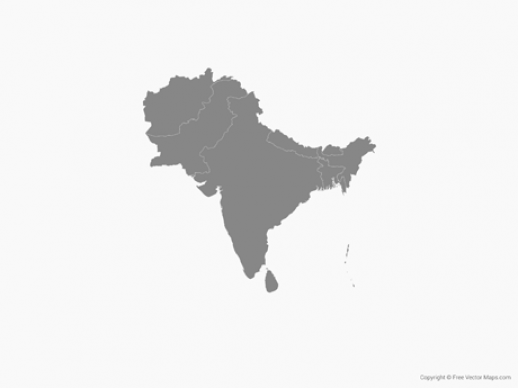Russia has not made any statement yet, condemning Turkish offensiveness.
In the mid of January, Turkey launched operation “Olive
Branch” in Syrian city of Afrin. The purpose of that to tackle Kurdish militia
that was causing problems inside Turkey from sitting over there in Syria. As, the
offensive gesture proceeded in Syria there are speculations that Russia was involved
helping Turkey overcoming the Kurdish militia. Explicitly, without Russian
consent, operation of such temperament could have not been started.
The operation on one hand required Air force to enter into
Syrian territory which must be conducted with Russian approval. On the other
side of dilemma, Turkey thought it vital to assure from Russia that Bashar ul
Asad will not gain edge over the situation and snatch the places in Idlib
province on which Turkey has its hold.
Another strong argument to this allegation is that Russia
has not yet made a single statement condemning the Turkish offensiveness. Additionally,
it seemed impossible that operation of such caliber by similarly a smaller
state was initiated without the shoulder strength of a larger one. General from
YPG force has questioned Russia why they have betrayed the Kurds and as they
did this they have to pay a price sooner or later. According to the YPG, Russia
became the eyebrows for Turks when this operation started.
Reportedly, Turkish Chief of Staff Hulusi Akar and Russian
Defense Minister Sergei Shoigo met in Istanbul last year during summer. In that
sitting the seeds of operation olive branch were planted. Thereupon, Russia
gave access to Turkey for usage of Syrian airspace that later became the
opening door for operation in Afrin. Surprisingly, Ankara started building its military
base near Kurdish areas of ruling and that was the part of that agreement.
However, Russian withdrawal of troops from Afrin is a fact that no one can deny
and this act is making the objections more clear.
Russian relations with Kurds been never so lively yet they
only used their support when it needed to stand up in the terrains of Middle East.
Additionally, YPG always allied with United States and opposite to Russia.
Additionally, Russia elections are approaching in 2018 and Vladimir
Putin wants to start its campaign by successfully inaugurating the Congress of Syrian
people which is hosted by Turkey. In order to end this combat through a
peaceful measure the help of Turkey is essential. Henceforth, Putin needs
Turkey on his side.
An important chip on Turkish side is gas pipeline that is
being constructed in Turkish waters. Moscow is willing to expand its gas export
to higher level and it is not ready to face anything that cripples this process
of construction. The Turkish steam is a Russian dream indeed.











































